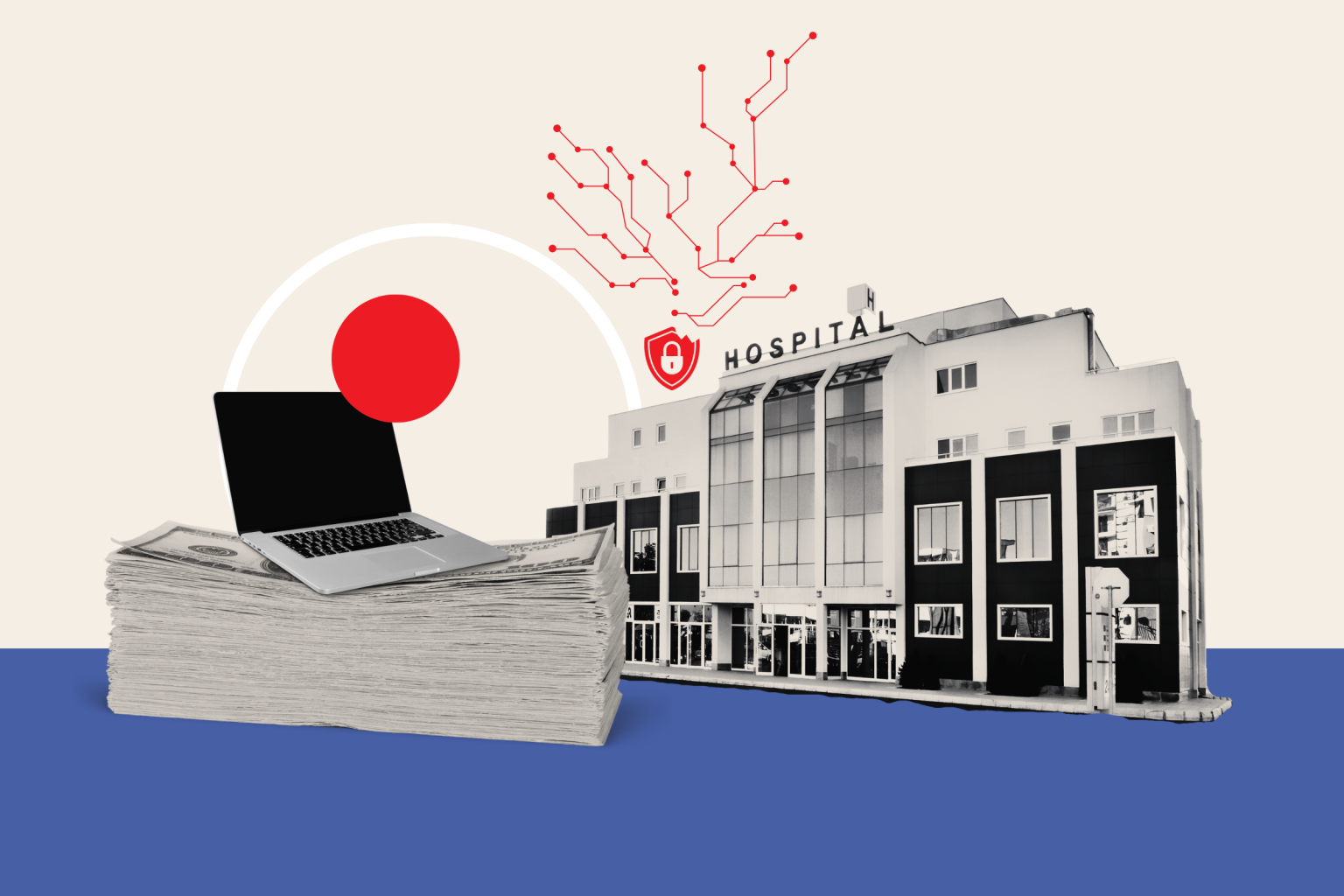The health care industry continues to face significant challenges in data security, with breaches costing organizations an average of $9.77 million to contain in 2024. Despite a decrease from the previous year, health care has maintained its position as the most expensive industry for data breaches for the 14th consecutive year. These breaches are particularly concerning in health care due to the sensitive nature of patient data and the potential impact on patient care and safety. Attackers target health care organizations due to their vulnerability, and the industry’s complex IT infrastructure and limited staffing can make it difficult to respond quickly to breaches.
A recent report by IBM highlights that health care organizations face slower response times to data breaches compared to other industries. It takes nearly 300 days for health care organizations to identify and control breaches, the longest among the 17 industries studied. While malicious attacks account for over half of data breaches, human error and IT failures also play a significant role. By implementing cybersecurity and cyber-resilience strategies, including role-based access controls, data masking, and tokenization, health care organizations can better prepare for potential breaches and mitigate their impact.
Artificial intelligence (AI) and automation are valuable tools in detecting and containing cyber incidents more efficiently. Organizations that utilize these technologies detect and contain incidents 98 days faster than those that do not, saving an average of nearly $1 million. However, only one-third of health care organizations are currently leveraging security AI and automation extensively. As AI technologies become more prevalent in health care, it is crucial that organizations establish proper governance controls to prevent security vulnerabilities and protect sensitive data.
In the event of a data breach, time is paramount, and health systems must act swiftly to notify affected stakeholders, including patients and regulatory agencies. In 2023, a record-breaking 133 million health care records were breached, underscoring the importance of proactive planning and preparation for such incidents. Organizations need to practice and refine their response strategies before a breach occurs to ensure they can effectively collaborate and mitigate the impact. By prioritizing cybersecurity measures and leveraging advanced technologies, health care organizations can enhance their resilience to data breaches and safeguard patient data.
The continued threat of data breaches in health care highlights the need for ongoing vigilance and investment in data security measures. With attackers targeting vulnerable health care organizations and sophisticated cyber threats on the rise, it is crucial for health systems to prioritize cybersecurity initiatives and adopt robust defense mechanisms. By proactively addressing vulnerabilities, implementing best practices for data protection, and leveraging AI and automation technologies, health care organizations can strengthen their security posture and minimize the financial and reputational risks associated with data breaches.
As the health care industry grapples with the challenges posed by data breaches, collaboration and coordination among stakeholders are essential for effectively responding to security incidents. By fostering a culture of cybersecurity awareness, investing in employee training, and enhancing incident response capabilities, health care organizations can better prepare for and mitigate the impact of data breaches. With the increasing reliance on digital technologies and the growing complexity of cyber threats, proactive and strategic approaches to data security are critical in safeguarding patient information and preserving the integrity of health care systems.


